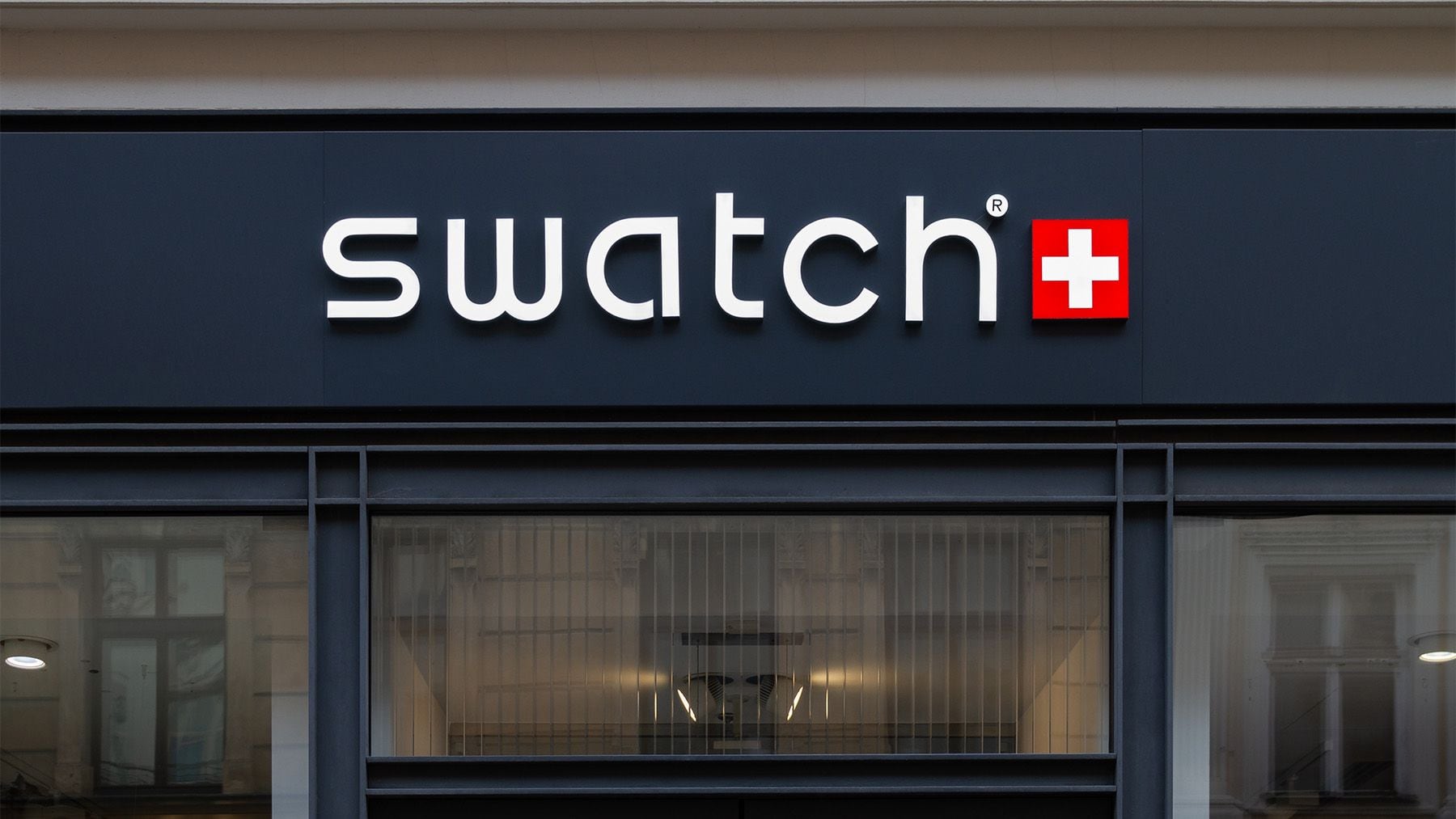
Swatch Group is hitting back at investors who’ve called out the firm for its governance and management practices, accusing them of seeking privileged information from a company that argues it’s in the business of selling “watches, not shares.”
The Swiss watchmaker told Bloomberg that investors who complained about its level of disclosure on a heated call Tuesday did so because they want “confidential information just for themselves,” saying, “that’s an absolute no-go for us.”
The maker of Omega, Longines and Tissot watches was asked on the call why its management doesn’t engage more actively with the financial community, especially in light of its lagging stock performance and valuation compared with peers.
CEO Nick Hayek replied that if investors don’t like the company or the way it’s managed and governed, they can invest elsewhere.
That response was “not very constructive,” Roce Capital co-founder and fund manager Michael Niedzielski, who queried management on the call, said in an interview.
Niedzielski said Swatch management has consistently brushed off investor concerns, claiming they are short-term-driven and that companies should instead focus on the long term.
“The truth is, the long-term track record of Mr. Hayek and the Swatch Group is pretty terrible,” Niedzielski said. He cited an average negative 7 percent annual share price performance over the past decade. The stock reached a high of 589.50 Swiss francs ($679.96) in December 2013 and is now worth about 200 francs.
Swatch “communicates in a consistent and transparent way,” publishing financial figures every six months as well as annual and sustainability reports and ad hoc announcements including real estate transactions or legal rulings, a company spokesperson said in response to questions from Bloomberg.
“It is important to our CEO to communicate directly with customers, shareholders and interested parties,” the spokesperson said, noting that Hayek gave five interviews on “strategic topics” in the second half of 2023 alone and more than 30 interviews in 2022.
The Swatch spokesperson also said “one to one meetings are not an option for us,” as the company is bound by rules that stipulate the entire financial community has to be informed in the same way, at the same time and with the same level of information.
“The main problem is that most of the analysts and investors want to obtain privileged insider and confidential information, just for themselves,” the spokesperson said. “That’s an absolute no-go for us.”
Hayek and other family members own about 25 percent of the company’s equity but control about 43 percent of voting rights.
That structure is not unusual for luxury goods firms. South African billionaire Johann Rupert owns 10 percent of rival Richemont’s shares but controls the owner of Cartier and Vacheron Constantin with 51 percent of its voting rights.
Richemont’s stock has declined about 13 percent over the past 12 months as demand for luxury goods, including pricey Swiss watches, has slowed. Swatch shares have dropped about 40 percent during the same period.
It is “obvious that the stock price currently is very strongly undervalued,” and the company’s current market value of about 10 billion francs is “ridiculous,” the spokesperson said, given its equity book value of more than 12 billion francs and an operating profit of nearly 1.2 billion francs in 2023.
Niedzielski’s Paris-based fund, which has some €100 million ($109 million) of assets under management, owns about 10,000 Swatch bearer shares representing less than 1 percent of the company’s stock.
A number of analysts have written reports highlighting the conflict on the Swatch investor call, which followed the company’s release of annual financial results.
Citigroup Inc. analyst Thomas Chauvet said the call was “vigorous and spirited,” and noted the “growing misunderstanding between the main family shareholder/CEO and the investor community.”
Bernstein analyst Luca Solca tallied up Swatch Group’s unusual governance practices, including the lack of an investor relations function and limited investor access.
“Could there be logic in this madness?,” Solca wrote in his report. “The attitude of the Swatch Group’s CEO would make perfect sense if his goal was to take Swatch Group private at some point.”
De-listing the company “would be a very attractive option for us, however, the Hayek family’s philosophy is not to go into debt,” the spokesperson said, adding that the family does not want to be “dependent on banks or other financial houses.”
By Andy Hoffman
Learn more:
Swatch Group Dashes Dividend Expectations, Shares Tick Lower
The maker of Omega, Tissot and Longines watches as well its eponymous mass-market plastic watches posted sales rising by 5.2 percent last year to 7.88 billion Swiss francs ($9.10 billion).


